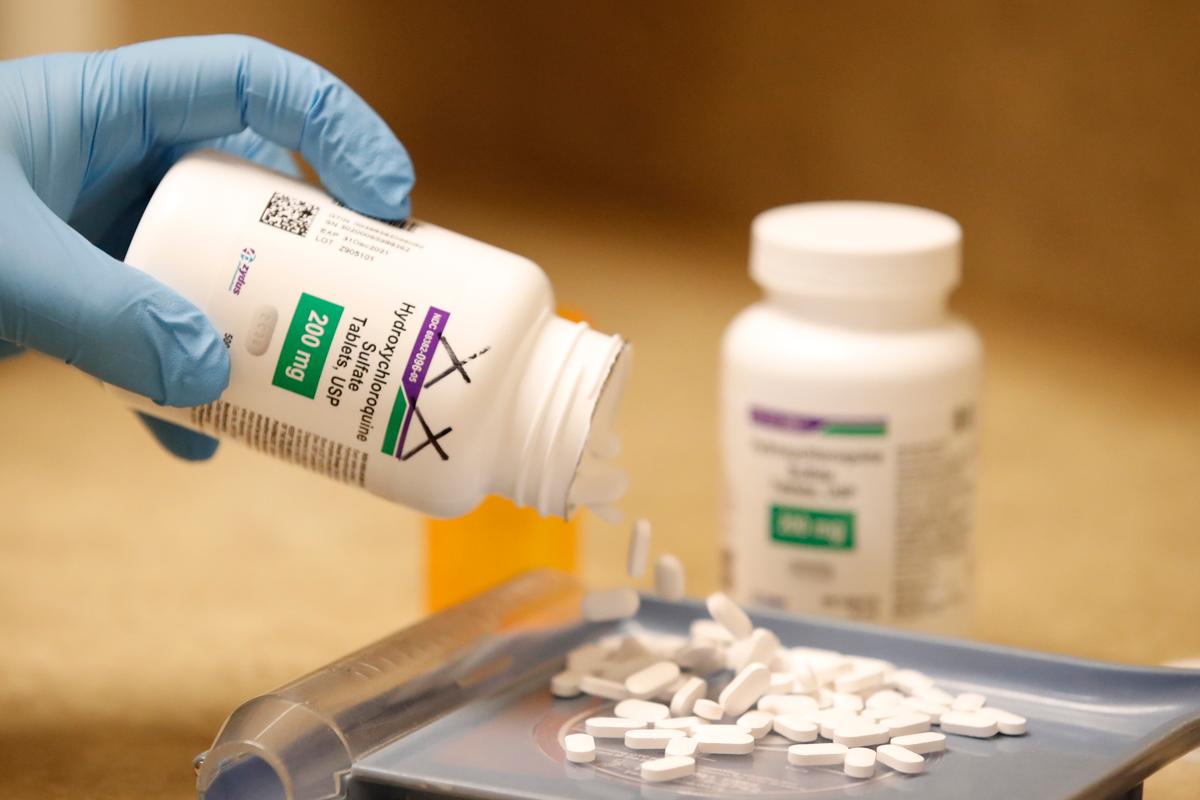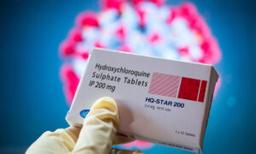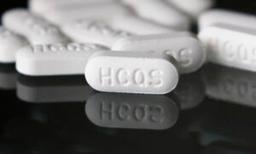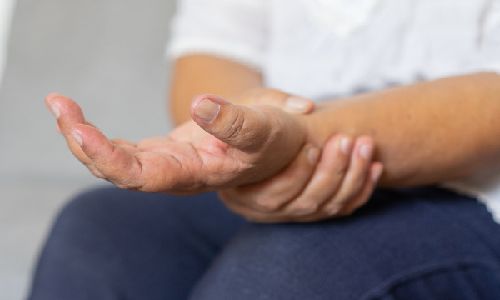
People who took hydroxychloroquine in combination with another drug while hospitalized with COVID-19 were less likely to die than those who didn't, according to a new study.
Hydroxychloroquine, which is widely used against malaria and arthritis, was given to hundreds of patients hospitalized with COVID-19 in Belgium. Thousands of others didn't receive the drug.
Researchers examined records from 352 adults hospitalized in AZ Groeninge Hospital in Kortrijk, Belgium. All patients tested positive for COVID-19 or had results from CT scans that suggested COVID-19 was present. Patients received hydroxychloroquine alone or with azithromycin, an antibiotic. They were scanned before and after treatment.
Researchers compared the results of the record analysis with a control group of 3,533 people hospitalized across Belgium with COVID-19 from March 14, 2020, to May 24, 2020. The people didn't receive hydroxychloroquine but did receive standard of care.
Twenty-eight days following the diagnosis of COVID-19, 59 people treated with hydroxychloroquine had died. The mortality percentage, or 16.7 percent, was lower than the 25.9 percentage in the control group.
Researchers found patients who received hydroxychloroquine were more likely to survive even after adjusting for age and other factors.
"Our study suggests that, despite the controversy surrounding its use, treatment with hydroxychloroquine and azithromycin remains a viable option," Dr. Gert Meeus, a nephrologist with AZ Groeninge Hospital, and other researchers wrote.
The research adds to a mixed dataset on hydroxychloroquine against COVID-19.
Dosage Issue?
Hydroxychloroquine proponents say that the amount of the drug, and when it's given, is key to properly studying how it affects COVID-19.Dr. Meeus and the other Belgian researchers acknowledged clinical trials that did not find a benefit for hydroxychloroquine, as well as some observational studies. Other observational papers have suggested hydroxychloroquine is effective.
"A potential explanation for the discrepancy between the results in the observational trials and the large randomized trials may be the use of a different dose of hydroxychloroquine," they said.
The researchers started with 400 milligrams, two times a day, on day one. That was followed by 200 milligrams a day for five days, in line with national guidelines.
Dr. Meeus told Doorbraak that further research needs to be done on the drug, or HCQ, but that it very well could be beneficial.





No comments:
Post a Comment